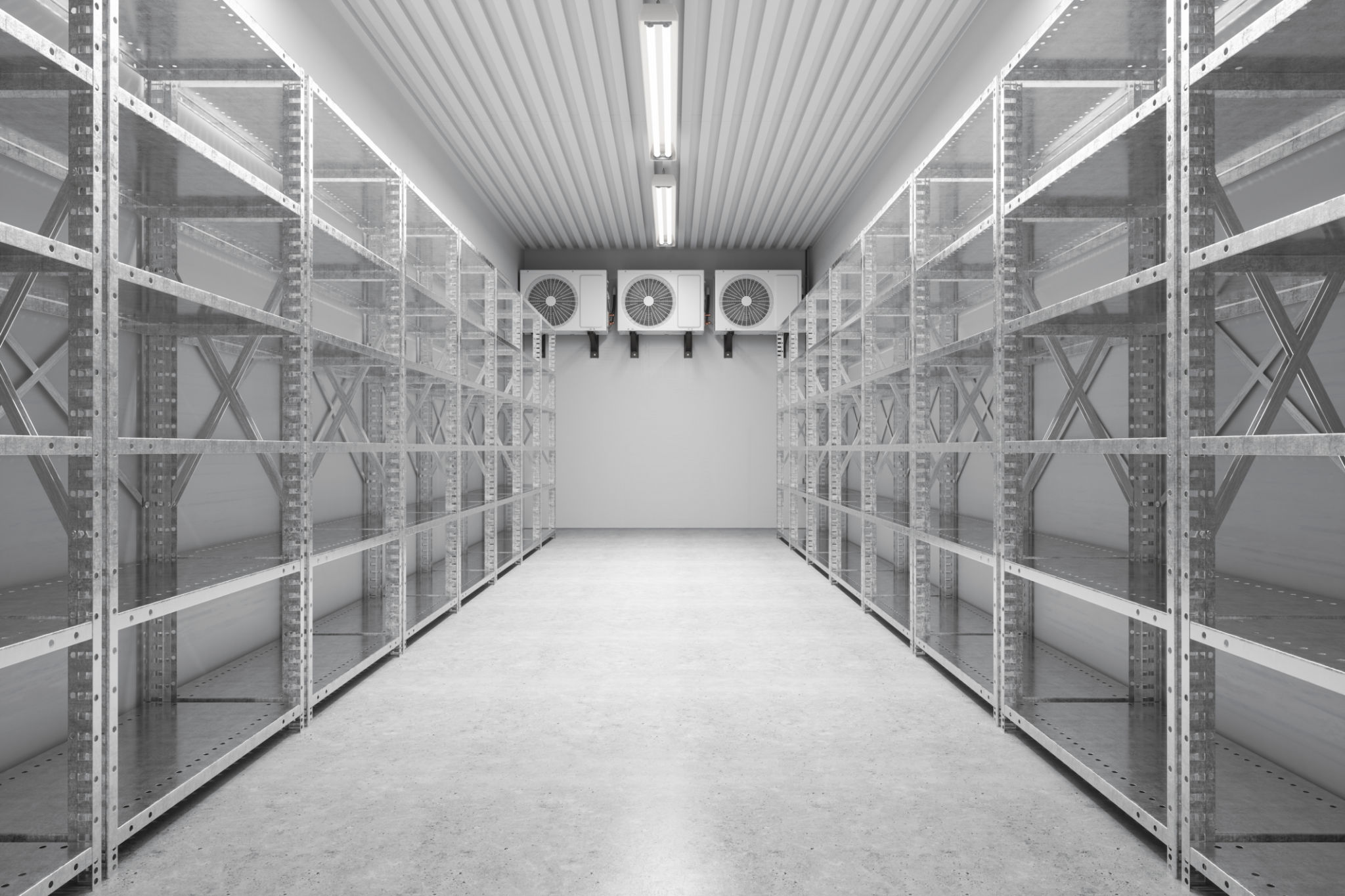Storage Solutions in South Florida: What to Know Before Renting
Understanding Your Storage Needs
When considering storage solutions in South Florida, it's crucial to first assess your specific needs. Determine what items you plan to store and for how long. Are you storing seasonal items, furniture, or business inventory? Knowing this will help you select the right size and type of storage unit.

Types of Storage Units Available
South Florida offers a variety of storage options to suit different needs. Common types include climate-controlled units, drive-up access units, and specialty storage for items like boats or RVs. Climate-controlled units are essential for protecting sensitive items from the region's heat and humidity.
Drive-up access units provide the convenience of loading and unloading directly from your vehicle. For those with specific needs, such as storing vehicles or large equipment, specialized storage solutions are available.
Location and Accessibility
Location is a significant factor when choosing a storage facility. Consider how often you'll need to access your stored items and choose a facility within a convenient distance. Additionally, check the facility's access hours to ensure they align with your schedule.

Security Features to Consider
Security is a top priority for anyone renting a storage unit. Look for facilities with robust security measures such as gated access, surveillance cameras, and individual unit alarms. These features help ensure that your belongings remain safe and secure.
It's also wise to ask about the facility's lighting and whether there's on-site management available for added peace of mind.
Cost and Contracts
Before committing to a storage rental, understand the pricing structure and any additional fees. Most facilities offer month-to-month contracts, which provide flexibility. However, some may offer discounts for long-term commitments.

Insurance and Protection Plans
While storage facilities take security seriously, it's always a good idea to invest in insurance for your stored items. Many facilities offer their own protection plans, but you can also check if your homeowner's insurance covers off-site storage.
Review the terms carefully to understand what is covered and consider the value of your belongings when selecting a suitable plan.
Check Reviews and Ratings
Before making a final decision, research customer reviews and ratings for the storage facilities you're considering. This feedback can provide valuable insights into the facility's cleanliness, customer service, and overall reliability.

Preparing Your Items for Storage
Properly preparing your items for storage is essential to maintaining their condition. Clean and dry items before storing, and consider using plastic bins instead of cardboard boxes for better protection against moisture. For delicate items, use bubble wrap or padding.
Label all boxes clearly and create an inventory list to keep track of everything you store. This organization will make accessing your items easier in the future.